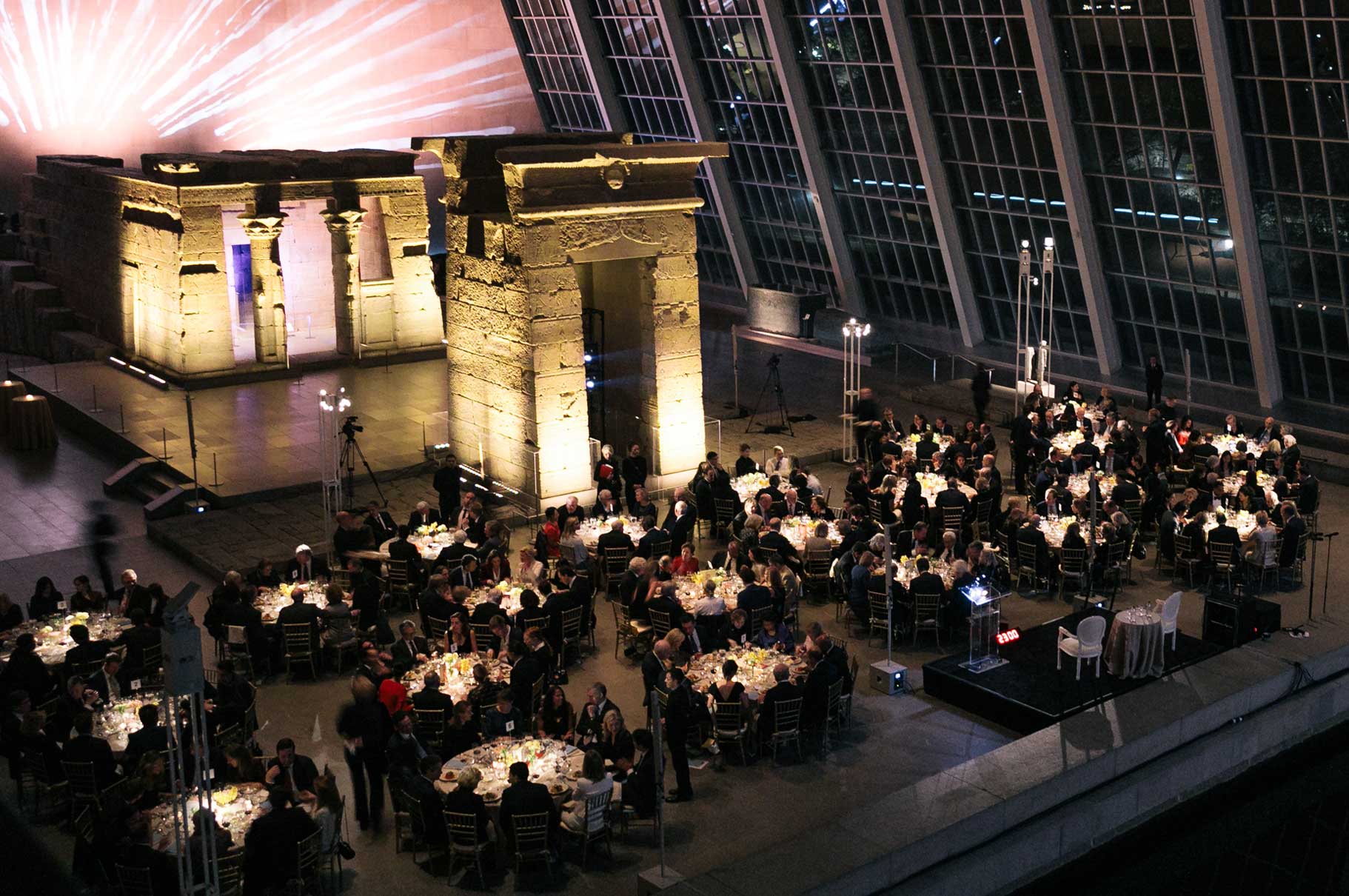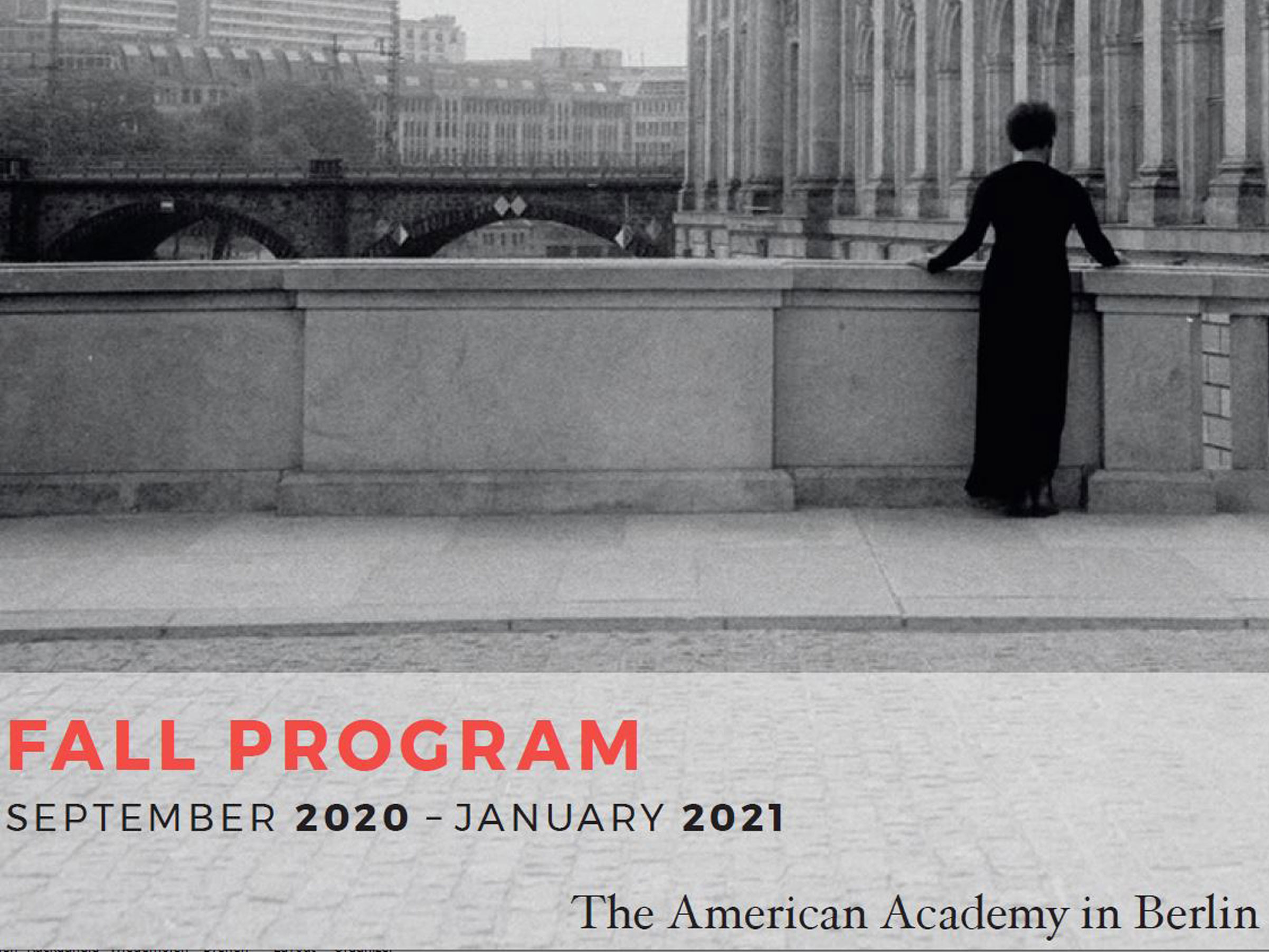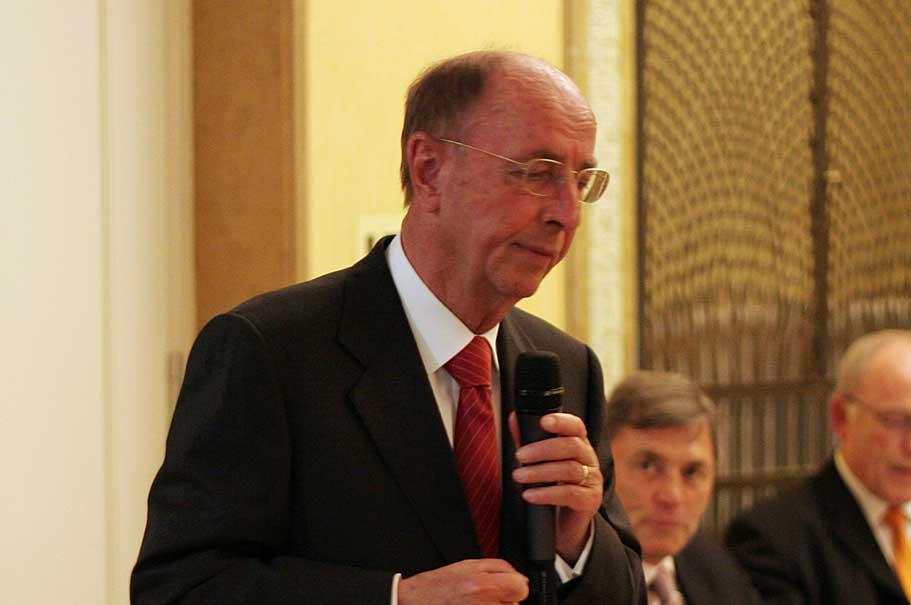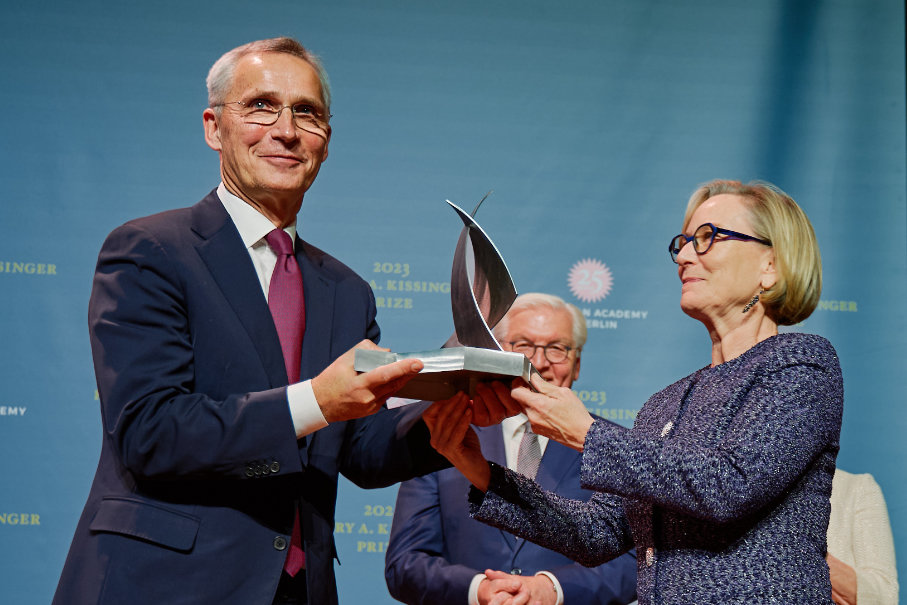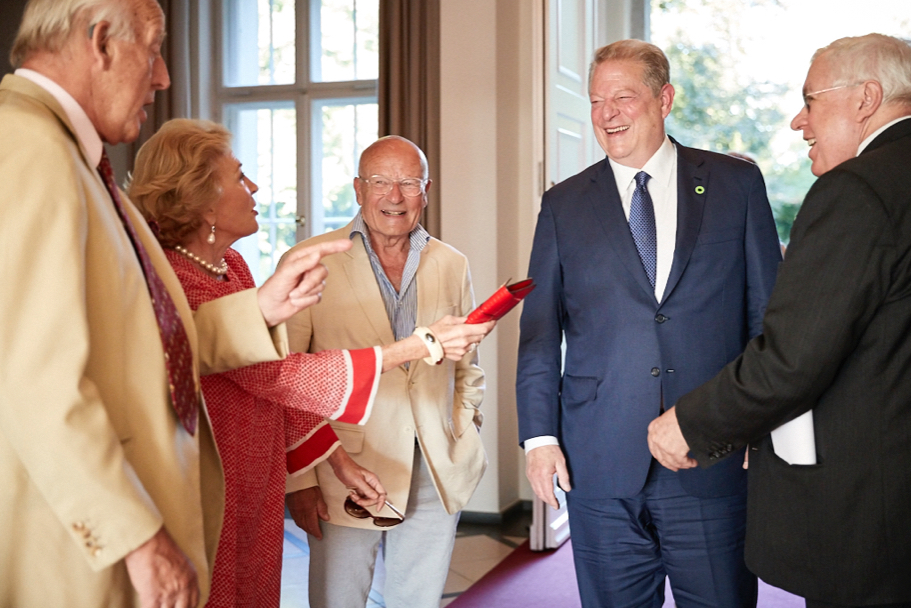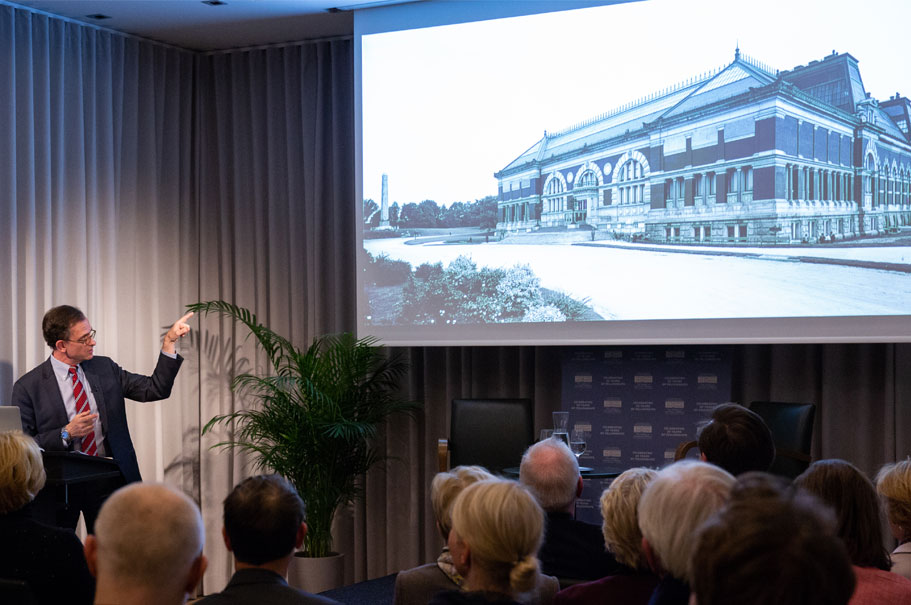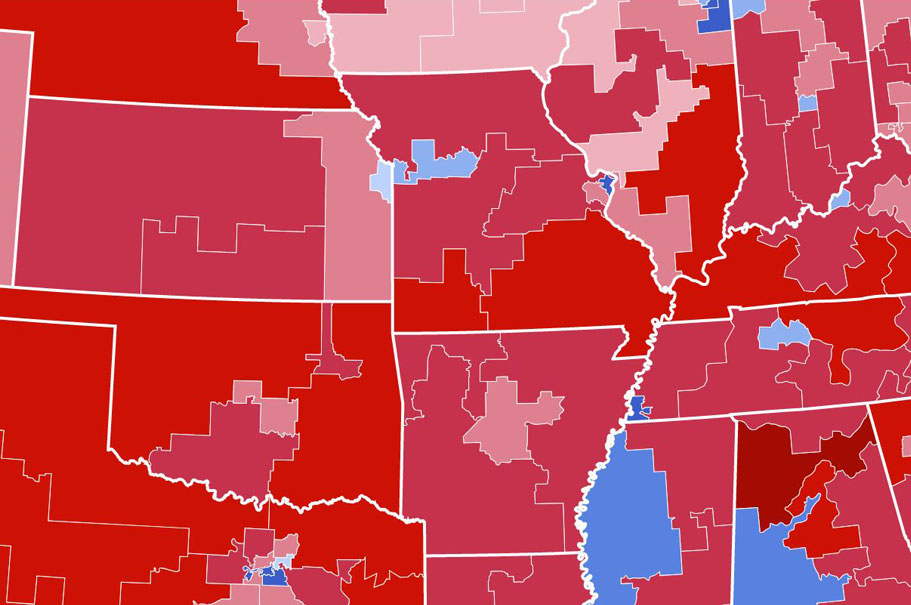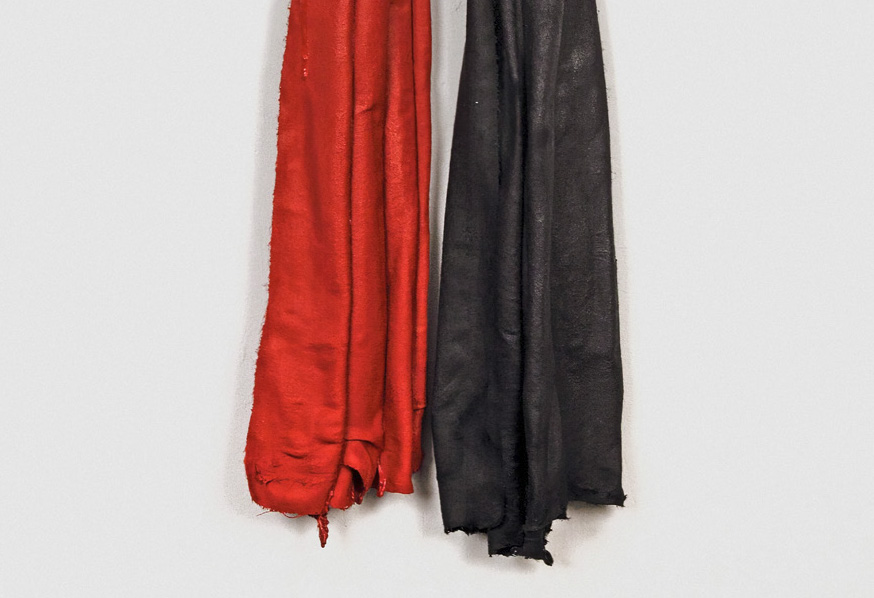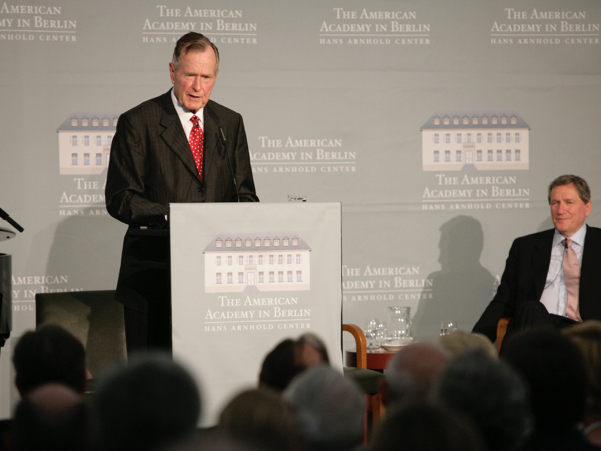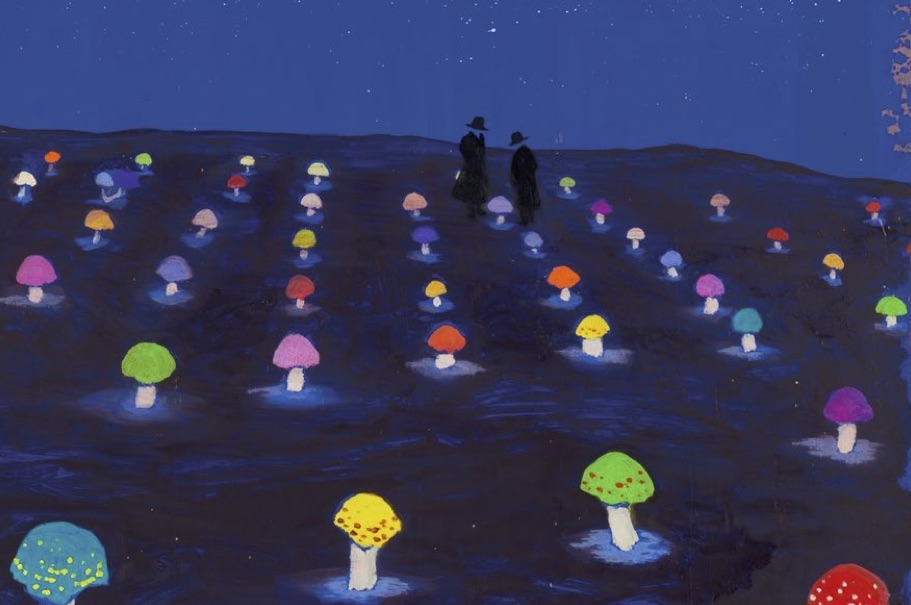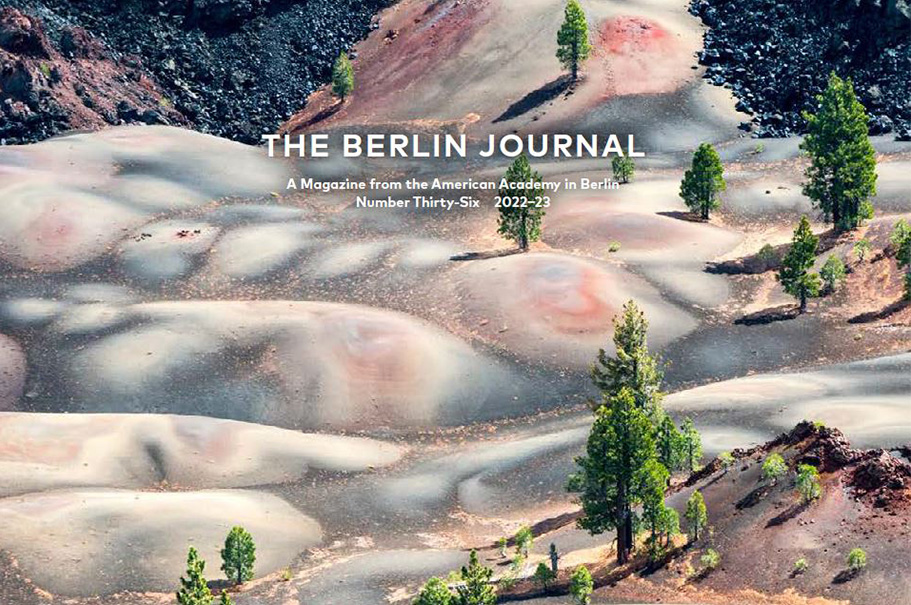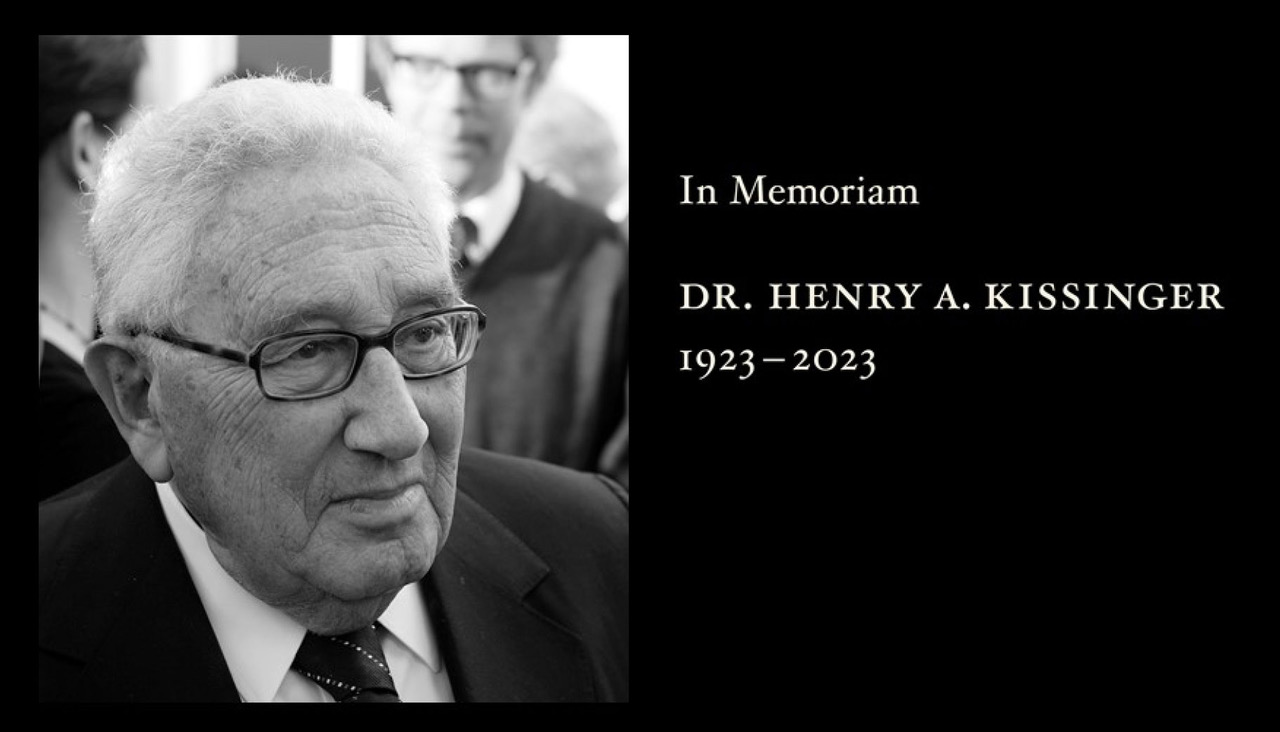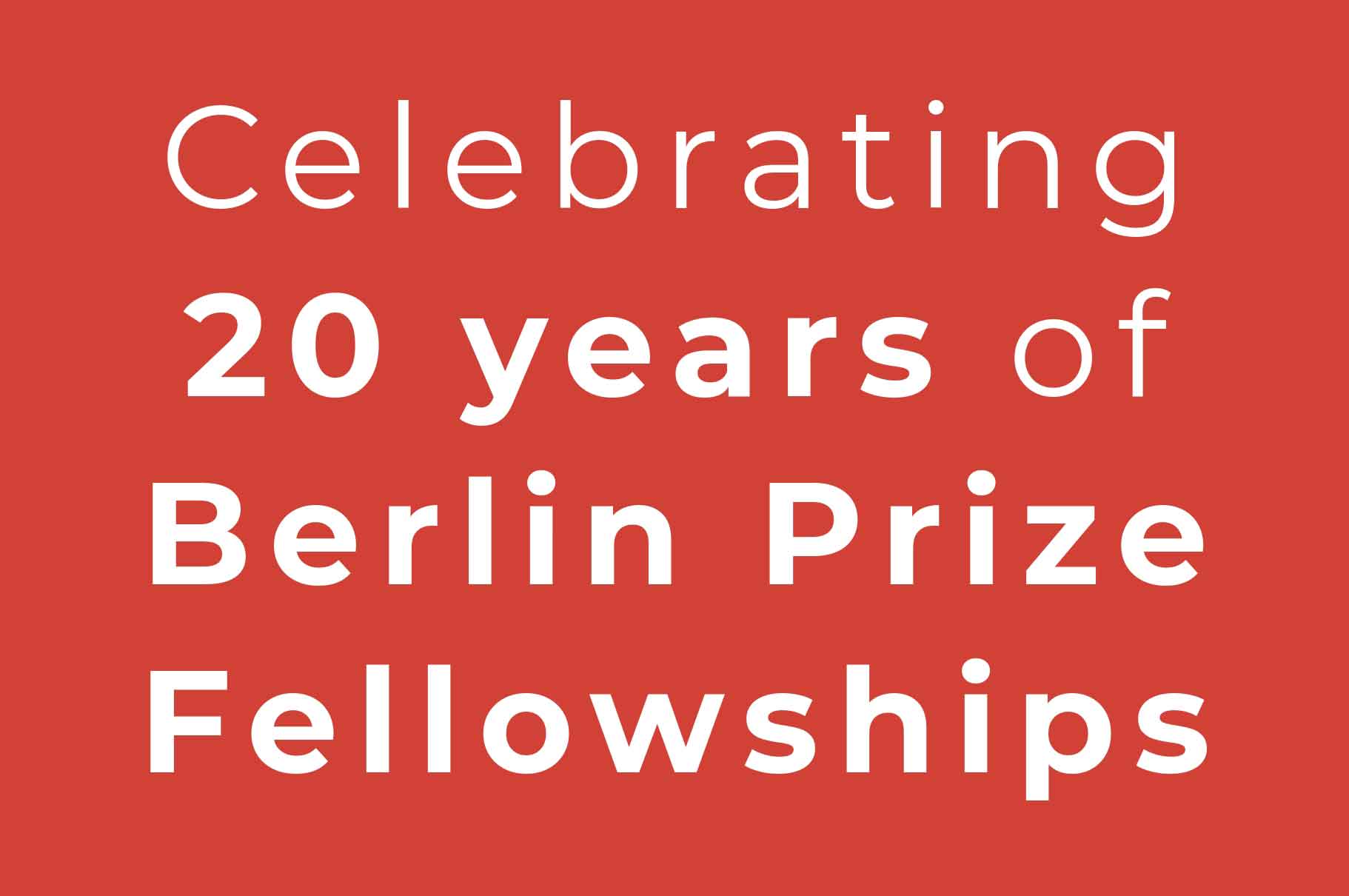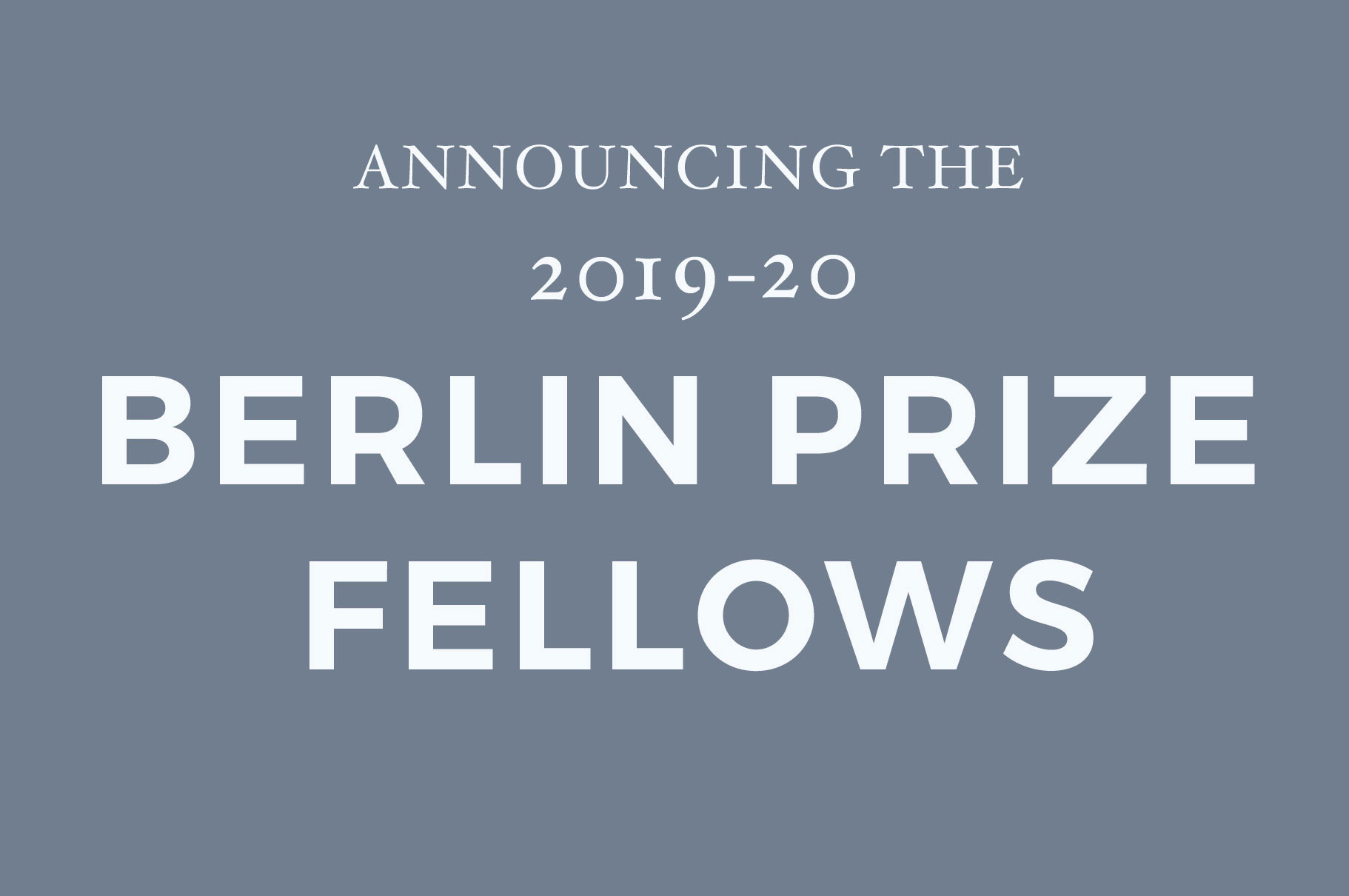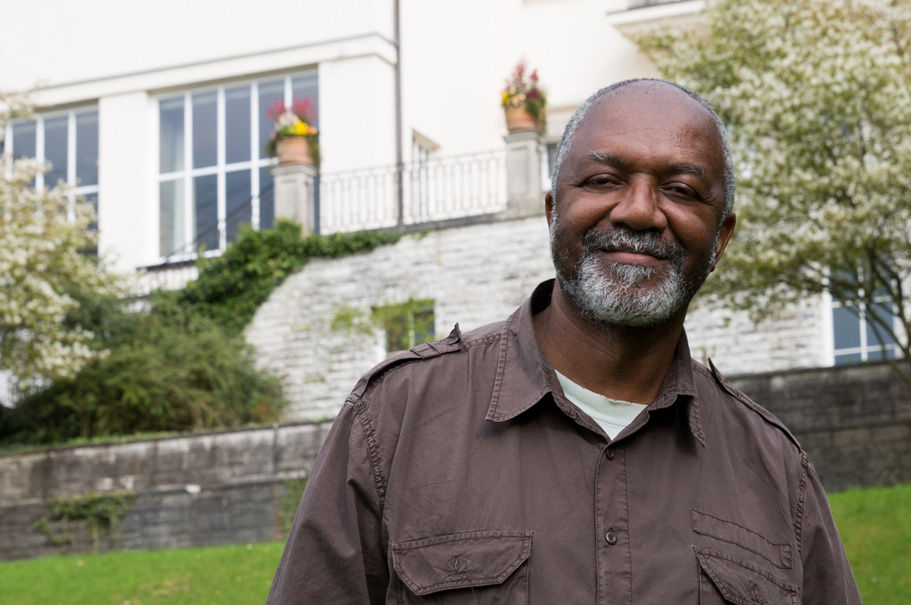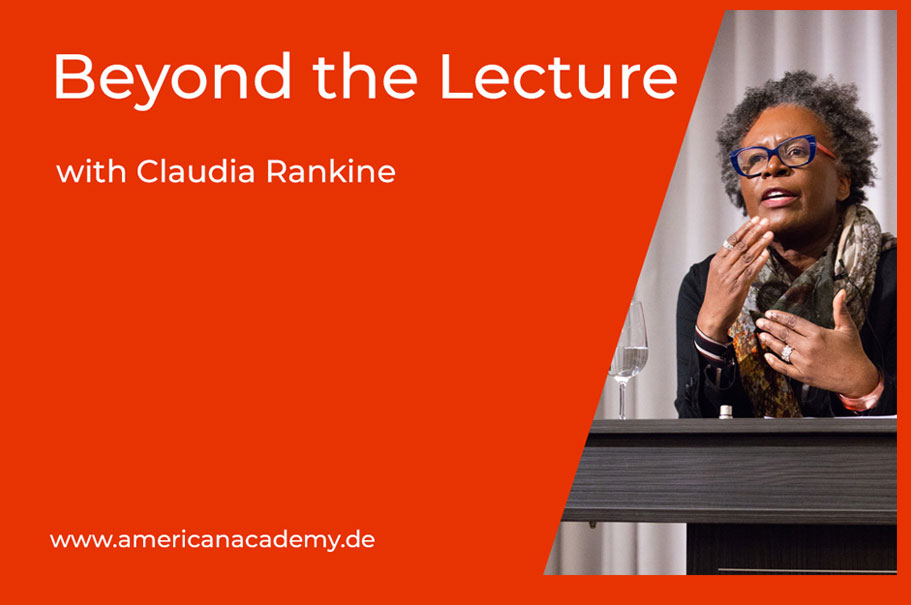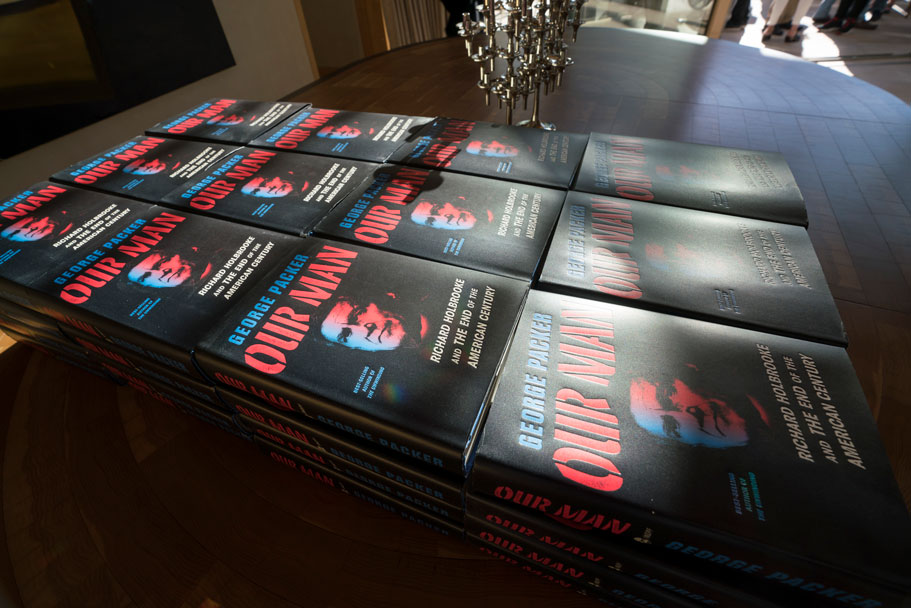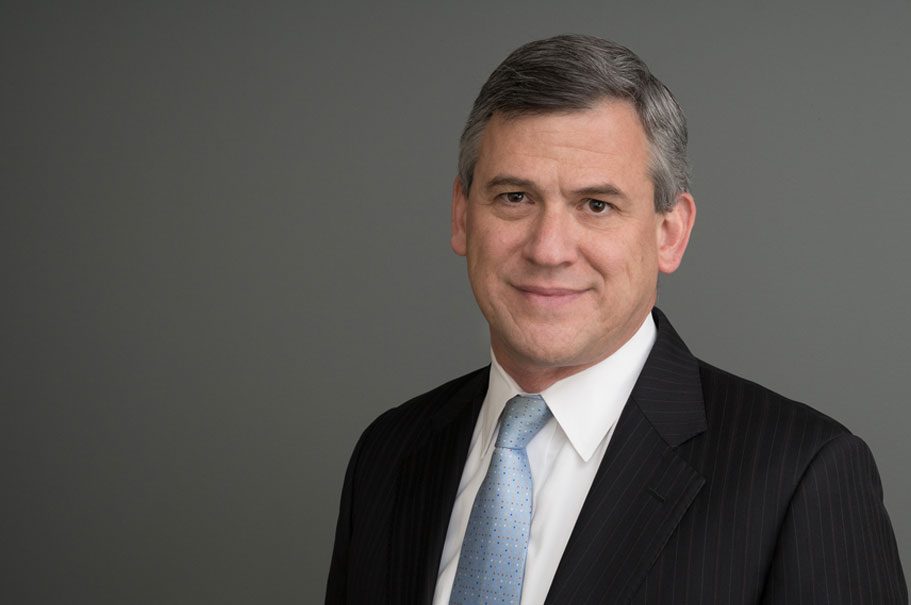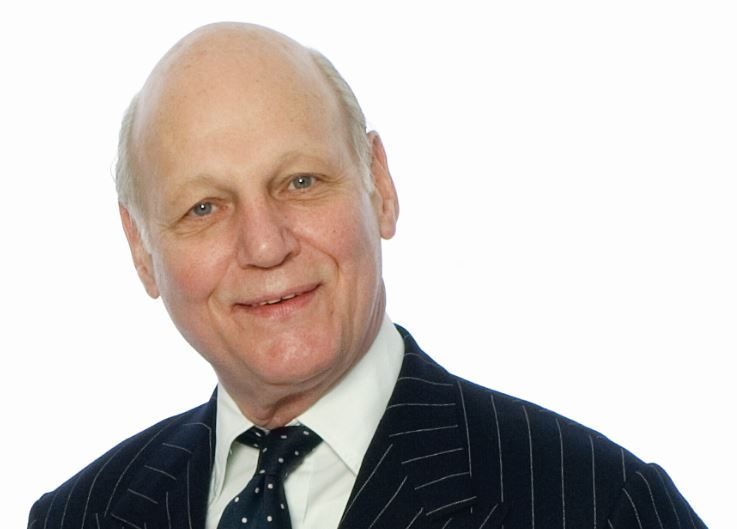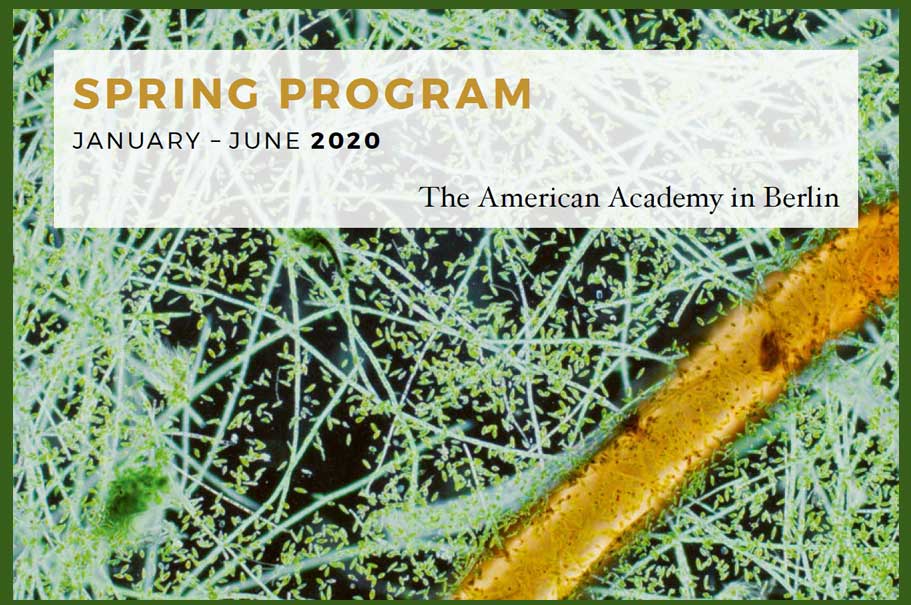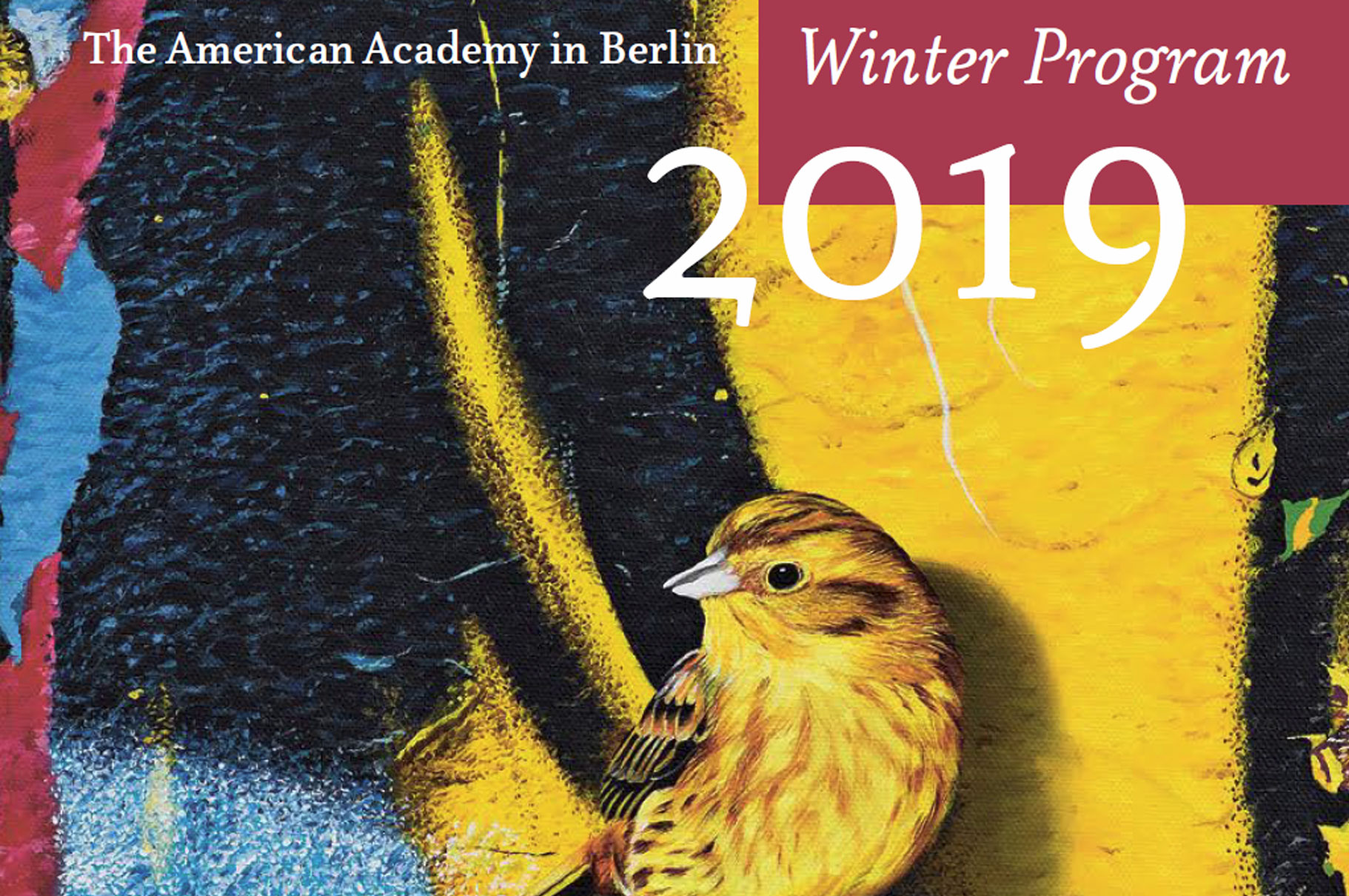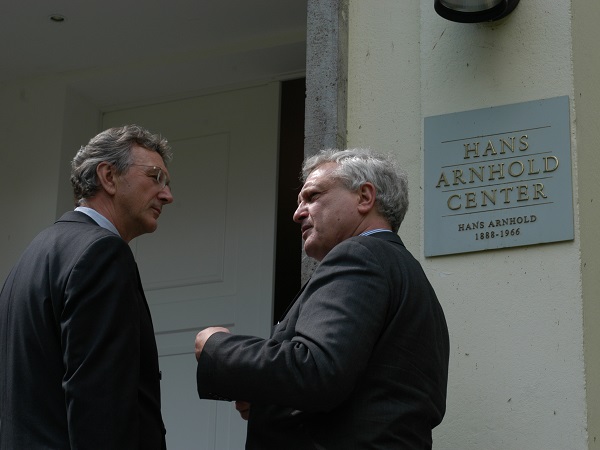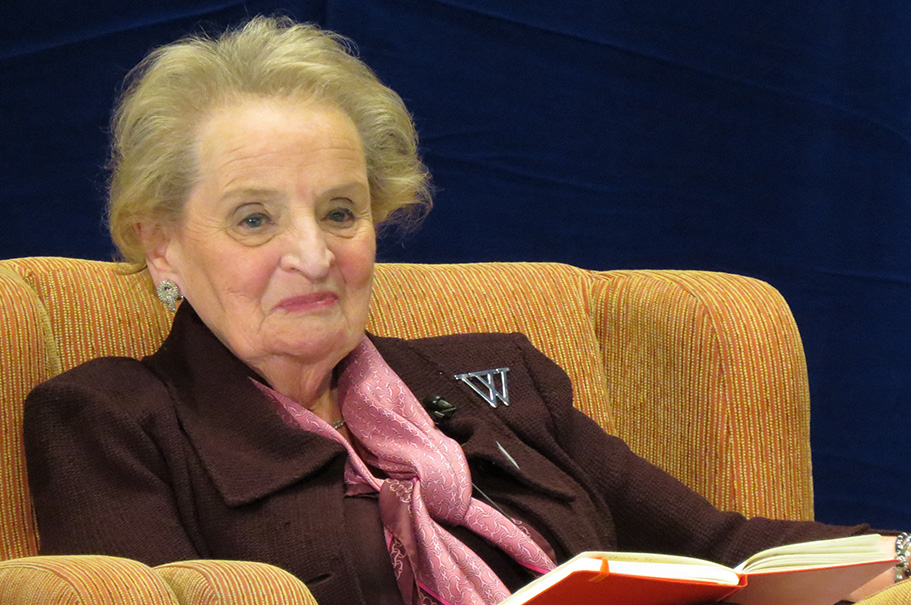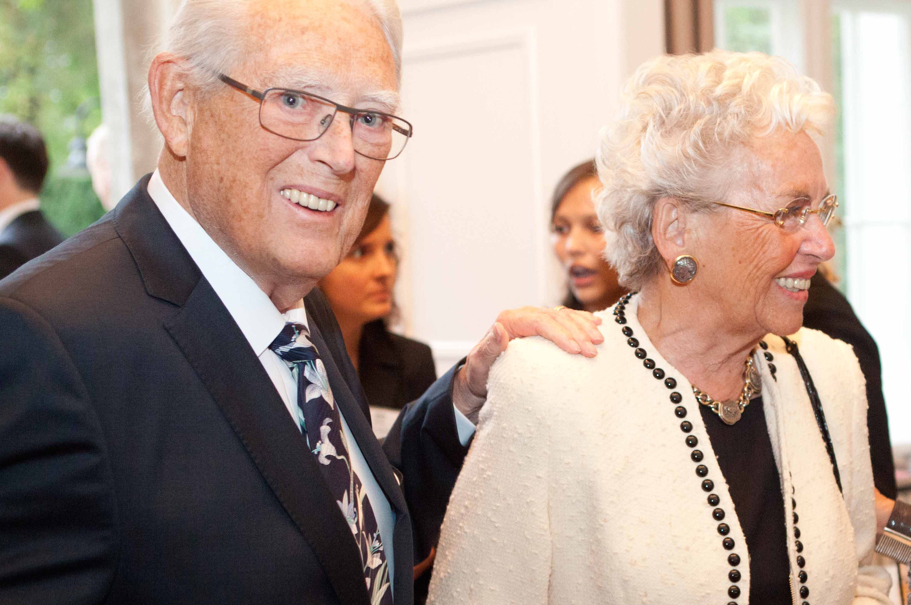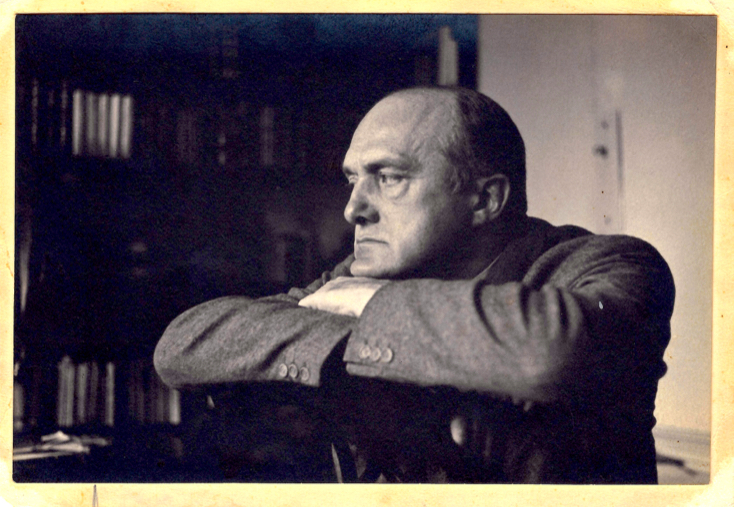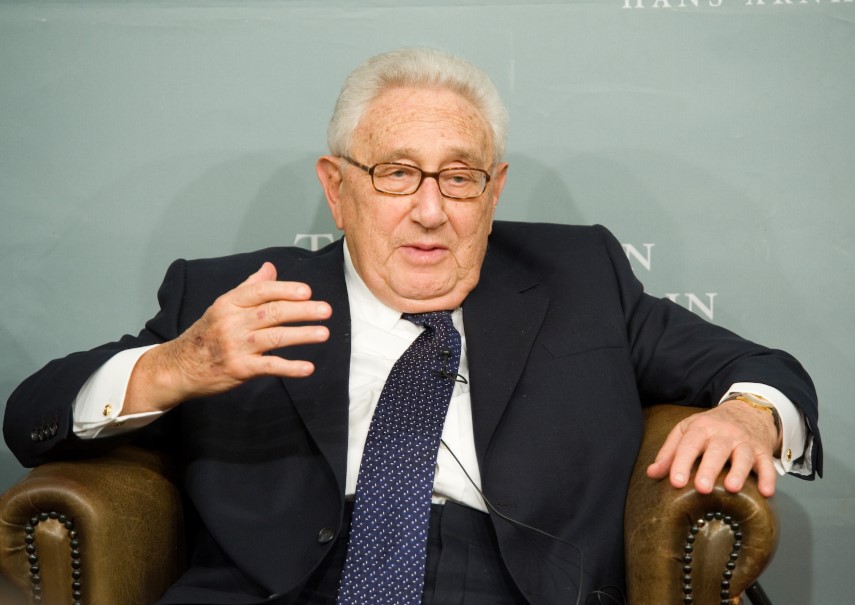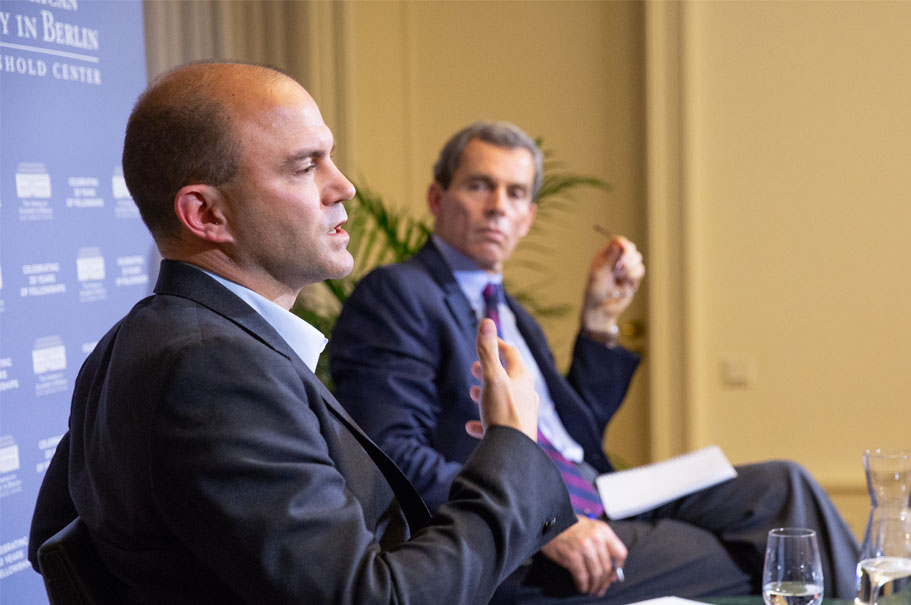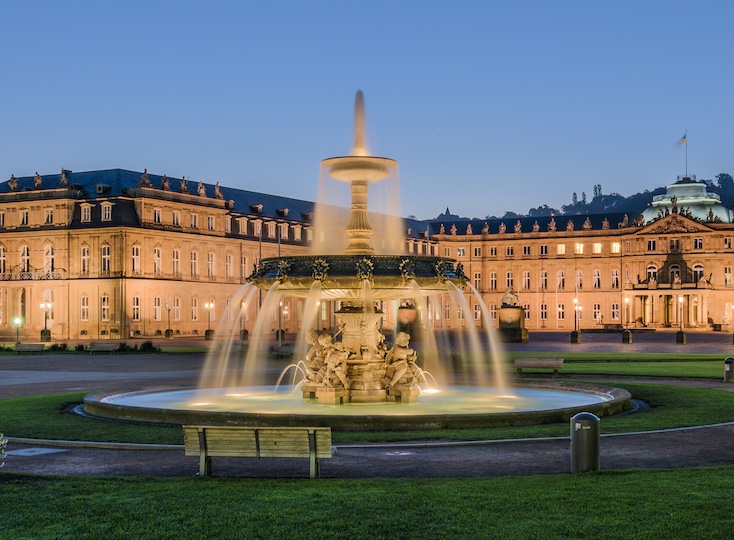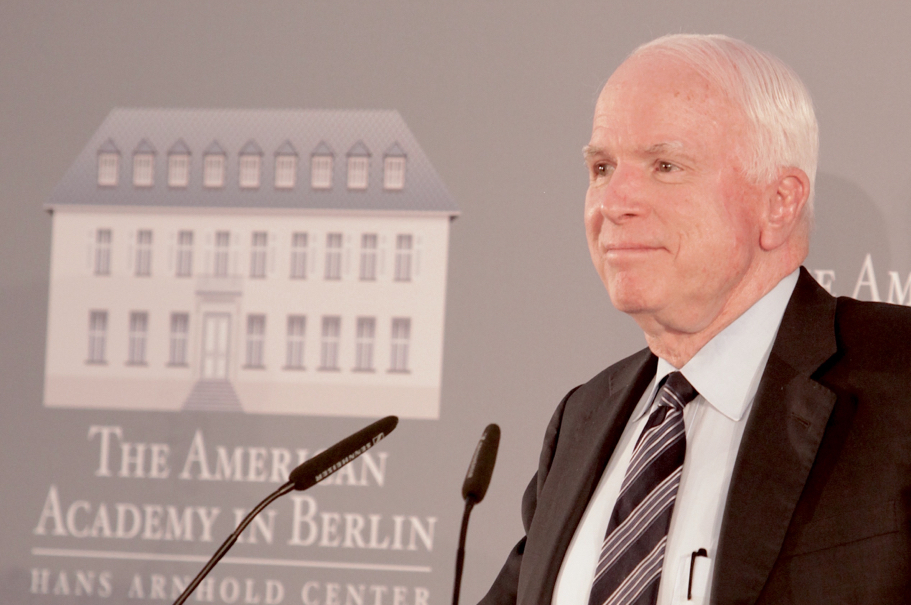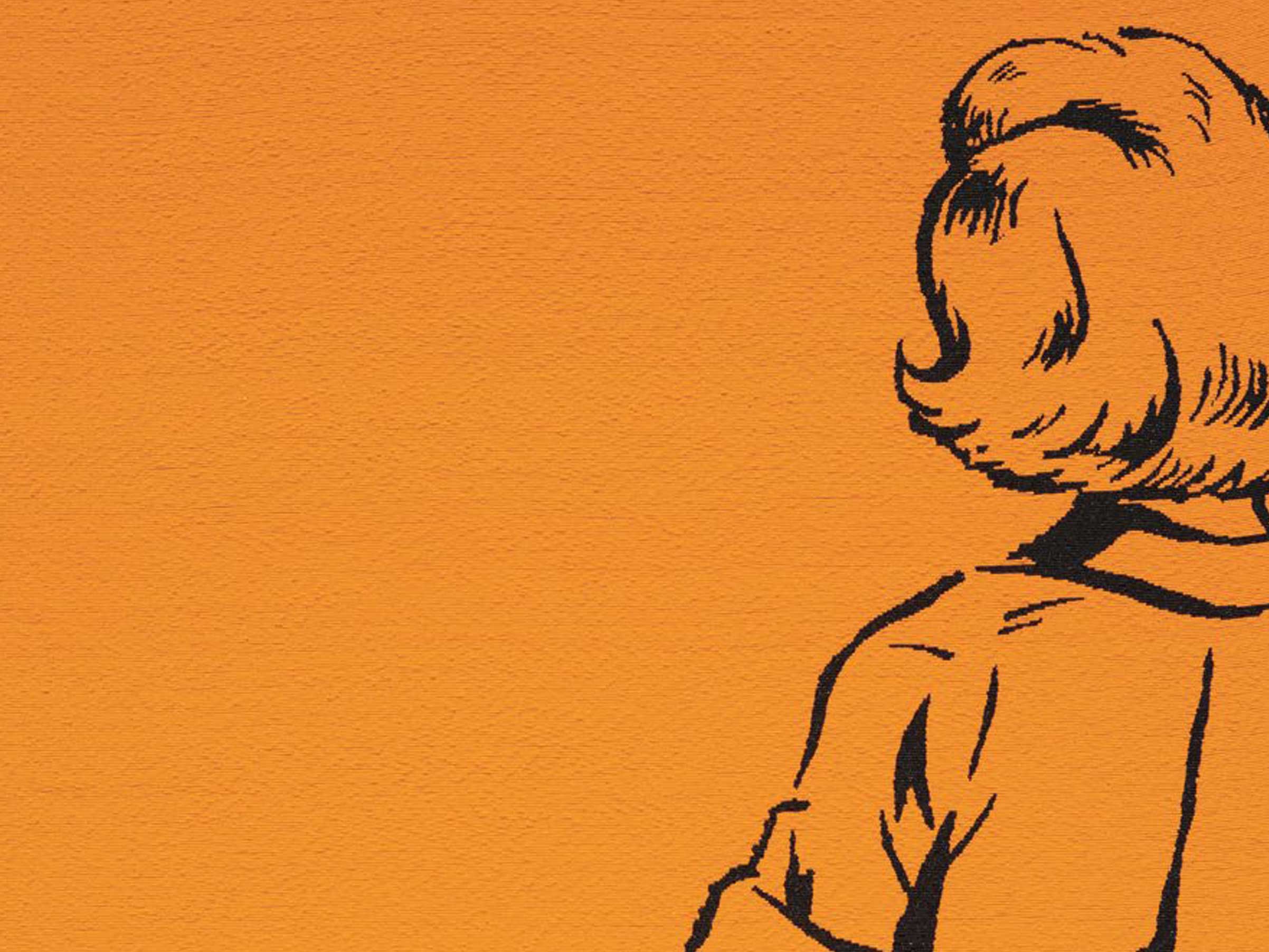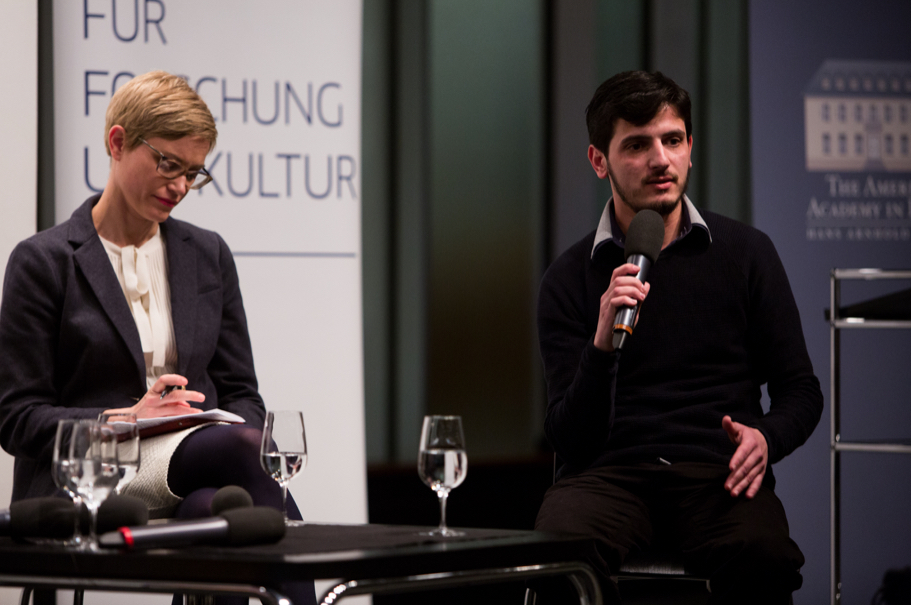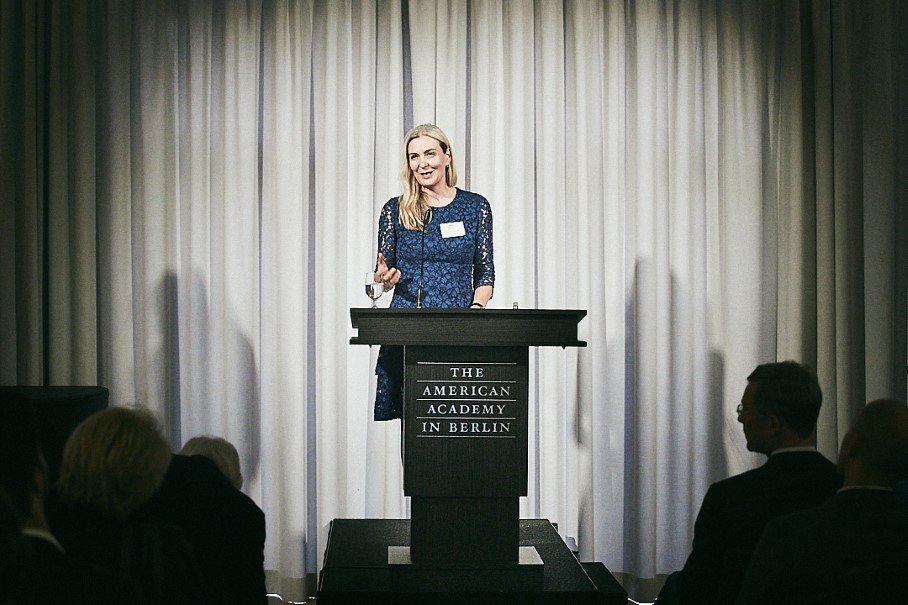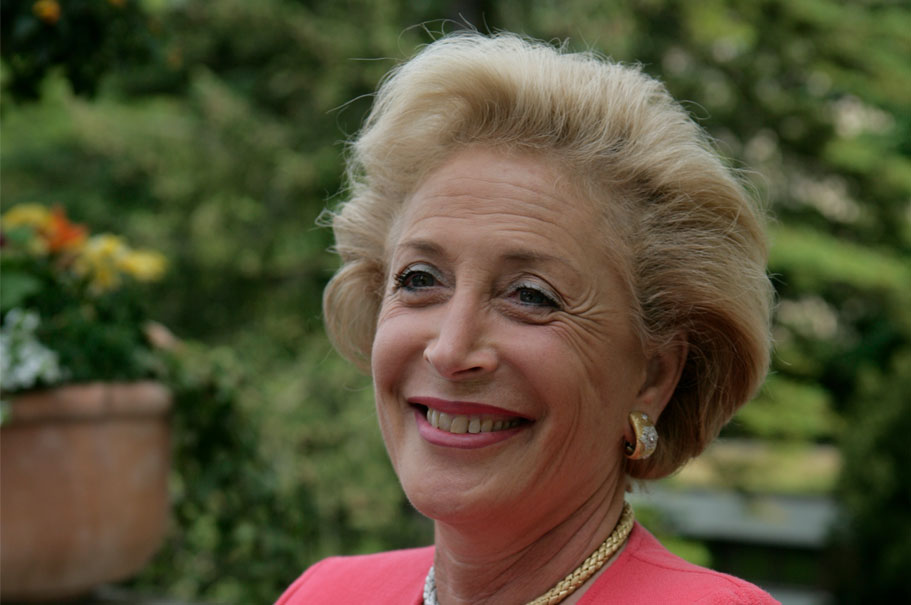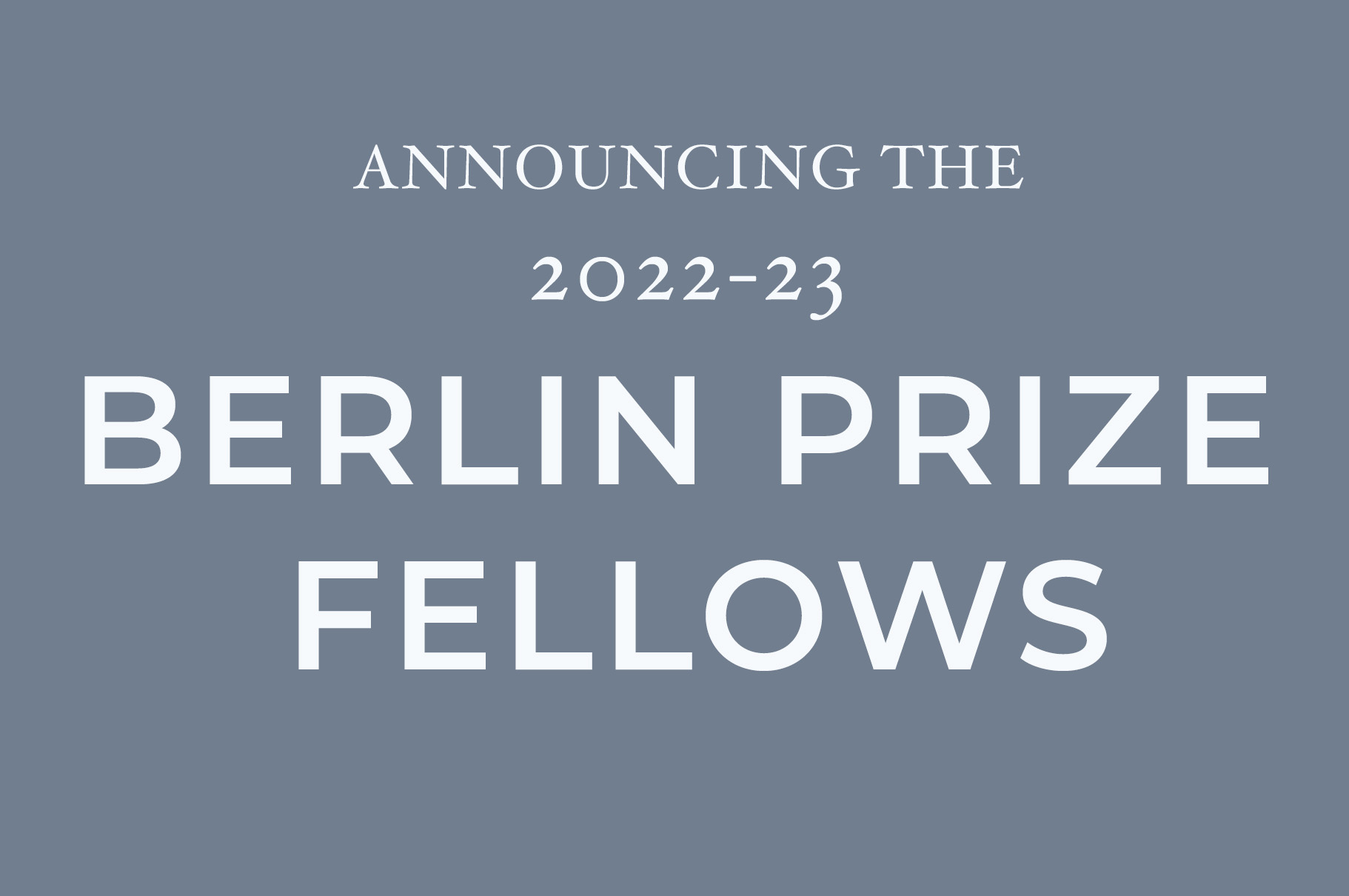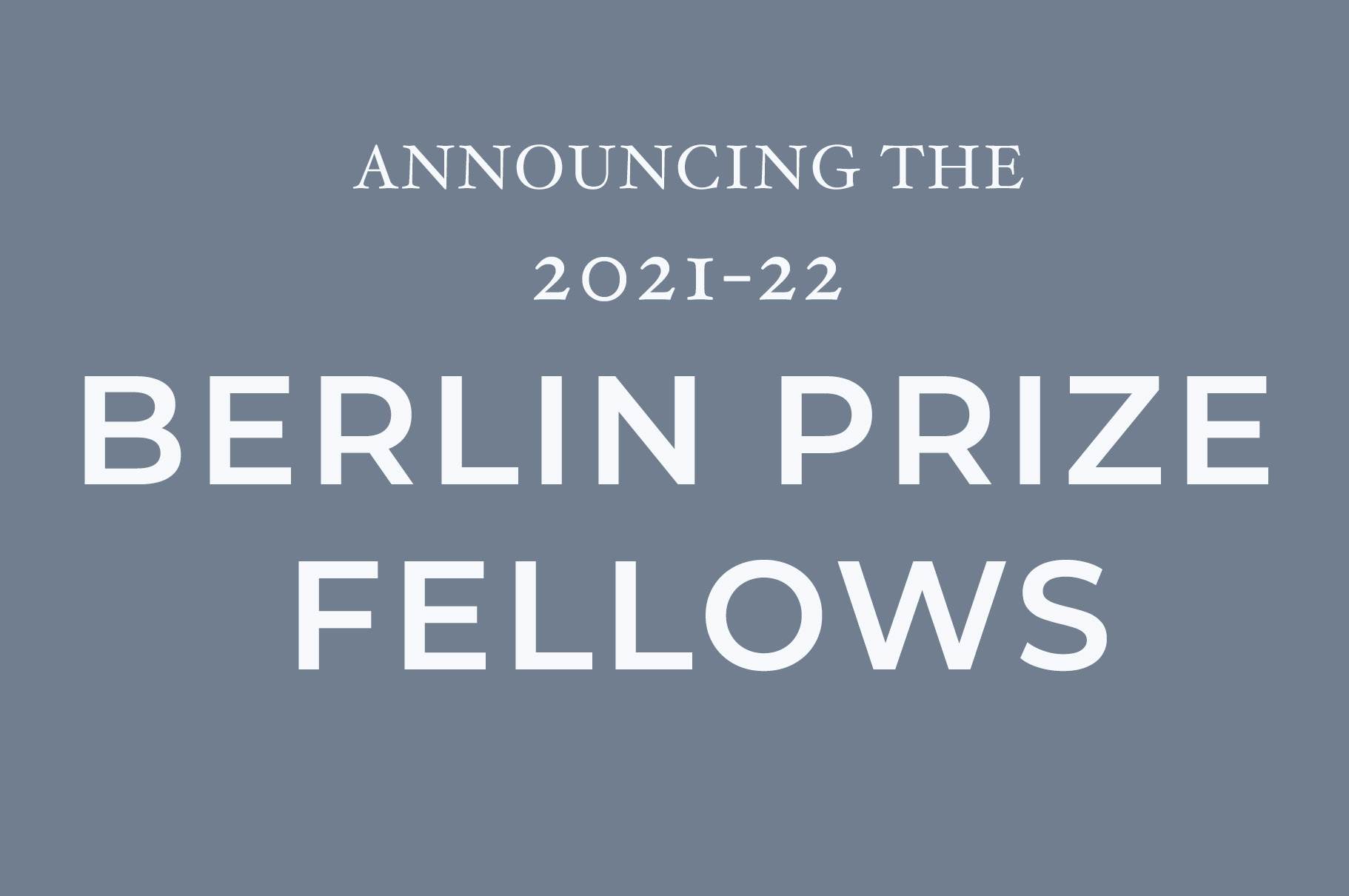
The 2021-22 Berlin Prize Fellows
BERLIN—May 12, 2021—The American Academy in Berlin has granted twenty-two Berlin Prizes for fall 2021 and spring 2022. The Berlin Prize is awarded annually to American or US-based scholars, writers, composers, and artists who represent the highest standards of excellence in their fields, from the humanities and social sciences to journalism, public policy, fiction, the visual arts, and music composition. Fellows spend a semester at the Academy’s lakeside Hans Arnhold Center, a historic nineteenth-century villa located in Berlin’s Wannsee district.
Chosen by an independent selection committee, the 2021-22 class of fellows will pursue a wide array of scholarly and artistic projects, including histories of the legalities of small wars among European empires, the Visigothic political order, competing conceptions of self-government in English and American political thought, Algerian Jewish life, and the Greek Revolution; two new novels and a graphic memoir; investigations into lithium extraction in the US, Chile, and Argentina; EU-China-US relations in the context of global supply chains; the relationship between declining coal-use and the rise of populism; European attitudes toward global democratic decline; and new works by a composer, translator, and two visual artists.
The Berlin Prize provides recipients the time and resources to advance important scholarly and artistic projects, free from the constraints of other professional obligations. Fellows work throughout the semester with Berlin peers and institutions in the Academy’s well-established network, forging meaningful connections that lead to lasting transatlantic relationships. During their stays, fellows engage German audiences through lectures, readings, and performances, which form the core of the American Academy’s public program.
The Fall 2021 Berlin Prize Fellows
Michael Abramowitz
President, Freedom House
Abramowitz will be assessing European attitudes towards the global challenge of democratic erosion and rising authoritarianism. By meeting with parliamentarians, diplomats, and NGOs, he intends to survey the policy landscape in Europe and attitudes towards democracy support and innovation in this space and to convene a substantial workshop on the topic.
Lan Samantha Chang
Author; and Elizabeth M. Stanley Professor of the Arts, Program in Creative Writing, University of Iowa
While in Berlin, Chang will be completing her novel The Family Chao, which explores the boundaries of the immigrant story. She also hopes to begin a new novel.
Johan Elverskog
Dedman Family Distinguished Professor, Professor of History, Southern Methodist University
Elverskog will be working on his new project, “A History of Uighur Buddhism, 800-1800,” which explores the pivotal role Uighur Buddhists played in shaping Eurasian history while also exploring some of the key issues of our post-secular age: Why convert to a new religion? How is religion manifested and maintained? And, finally, why abandon it?
Ladee Hubbard
Author
Hubbard will work on a novel that places the late twentieth-century War on Drugs in the larger historical context of African Americans being used in drug trials and medical experiments. The novel also considers parallels between the policing of external borders of the nation-state and practices that have mediated the internal segregation of certain populations in the United States.
Channing Joseph
Author; and Lecturer of Journalism, University of Southern California
In his Academy project, the forthcoming book House of Swann: Where Slaves Became Queens—and Changed the World, Joseph presents a narrative biography of William Dorsey Swann—a formerly enslaved Black man who became the earliest-known self-described drag queen and the earliest-known American queer activist. Drawing on previously unexplored archival sources, Joseph will tell the untold story of how Swann inspired a rebellious group—most of them formerly enslaved people—to create a secret world of crossdressing balls in the 1880s and ’90s in Washington, D.C.
Yanni Kotsonis
Professor of History and Russian and Slavic Studies, New York University
Kotsonis is writing a book that treats the Greek Revolution (1821-1829) as a new moment in European geopolitics. He aims to show how the revolution grew out of the Napoleonic Wars; entailed a demographic revolution that simplified the population into Christians only; and was the precedent for future revolutions that created small, nominally independent countries globally.
Amy Kurzweil
Writer and Cartoonist
Kurzweil will work on her second graphic memoir, Artificial: A Love Story, which explores her father’s ambition to “resurrect”—through a marriage of machine learning and the documents saved in a storage unit—the identity of his own father, a Viennese musician who narrowly escaped the Holocaust and died of heart disease fifty years ago.
Alec MacGillis
Author; and Senior Reporter, ProPublica
MacGillis will conduct research for a book on the high-stakes, worldwide effort to slow climate change by reducing coal burning, a source of significant carbon-dioxide emissions. The book will tell the story of coal in the United States, Germany, and China, showing its integral role in their rise to global power and how they are now, to different degrees and with varied approaches, trying to move beyond it. The book also addresses what these nations are doing for the people and places that will feel the effects of the coal exit most acutely, and how those effects have figured in the rise of right-wing authoritarian populism.
Joy Milligan
Professor of Law, University of Virginia Law School (as of July 1, 2021)
In her Academy project, “The Constitution and Federally Funded Apartheid,” Milligan ask how the US government might repair the enduring harms of racial segregation, which continue to shape the nation’s profound racial inequality in the present. She focuses particularly on the federal government’s less-visible role in helping to construct racial subordination, which often consisted of approving and funding segregation implemented by others. What sorts of remedial obligations flow from the federal government’s pervasive yet indirect support for Jim Crow, and how can those obligations be met?
Juana María Rodríguez
Professor and Chair of Ethnic Studies, University of California, Berkeley
Rodríguez will be completing her new book, Puta Life: Seeing Latinas, Working Sex, which traces the figure of the Latina sex worker across a range of texts that combine biography with visual forms of representation. Rodríguez uses these encounters with alterity to explore how diverse genres of documentation shape how racialized sexuality, gendered migration, and social stigma are engaged aesthetically, affectively, and politically.
Bertrall Ross
Professor of Law, University of Virginia Law School (as of July 1, 2021)
Ross will trace competing conceptions of self-government that evolved over two centuries of English and American political thought, culminating in the US Constitution’s Fifteenth Amendment, which protects against racially discriminatory infringements on the right to vote. He does so to pose an open question: Does this Amendment protect only individuals’ narrow right to cast a ballot without discrimination, or does it reach further to bar impediments to truly racially inclusive governing bodies? The answer could have far-reaching implications for subsequent amendments that protect nondiscriminatory voting rights for women, the poor, and the young.
The Spring 2022 Berlin Prize Fellows
Deborah Amos
International Correspondent, NPR; and Ferris Professor of Journalism in Residence, Princeton University
In her Academy project, “The Long Road to Accountability in Syria Runs through Germany,” Amos will draw on a decade of investigative reporting on the implications of the first trial concerning Syrian accountability for torture and human rights violations, now taking place in Koblenz. In Berlin, she will gather interviews with the Syrian exile population in Germany, legal scholars and lawyers working on the case, journalists, and other experts.
Ariella Aïsha Azoulay
Professor of Modern Culture and Media and of Comparative Literature, Brown University
While in Berlin, Azoulay will complete her “Algerian Epistolary Treaty”—a series of letters addressed to family members, authors of texts about Algeria, and companions in her academic work, who all share a place in her effort to “potentialize” and decolonize the history of Algerian Jews (and “Jewish history” more generally).
Javiera Barandiarán
Associate Professor of Global Studies and UC Faculty Director Education Abroad Program Office, Chile, and Argentina, University of California, Santa Barbara
Barandiarán’s book project examines the origins and growth of lithium extraction in the US, Chile, and Argentina. By following geologists and other experts, she examines the mineral underpinnings of global free trade, Cold War scientific diplomacy, and anxieties over non-carbon futures. In Berlin, she will research German chemical and automobile firms involved in the lithium trade.
Lauren Benton
Barton M. Biggs Professor of History and Professor of Law, Yale University
Benton is completing a book manuscript about the global significance of legalities of small wars in European empires between 1400 and 1900.
Du Yun
Professor of Composition, The Johns Hopkins University; Composer, Vocalist, and Performance Artist
Du Yun will be working on a pipa concerto for Chinese instrumentalist Wu Man and an installation of AR work featuring Kunqu opera, under her Future Tradition Initiative.
Lawrence Douglas
James J. Grosfeld Professor of Law, Jurisprudence, and Social Thought, Amherst College
Douglas will work on Aggression, Atrocity, and the “Verbrecherstaat,” a book that offers a historical and conceptual look at how law has sought to gain dominion over the most extreme crimes. The book aims to show how these efforts have unmoored the law’s traditional anchors to time and place, altered the law’s relationship to victims and victim groups, and volatized the basic distinction between war and policing.
Damián Fernández
Associate Professor of History, Northern Illinois University
Fernández will work on his monograph Rebellion and Political Authority in the Visigothic Kingdom of Toledo (507-711 CE): Tyrants, Invaders, Sinners, and the Quest for Order. The book examines the role of rebellion and the figure of the rebel in one of Rome’s successor kingdoms and the interplay between rebellion and ideas on post-imperial kingship. The project will contribute towards a reassessment of political authority and its underlying ideological principles during the transition from Antiquity to the Middle Ages.
Christopher H. Gibbs
James H. Ottaway Jr. Professor of Music, Bard College; Co-Artistic Director, Bard Music Festival
Gibbs has long been committed to so-called public musicology, especially to forging links between music scholarship and general audiences through curated concerts and festivals. In Berlin, he will explore the past, present, and future of concert life in the city.
Tess Lewis
Freelance Writer and Translator
Lewis will be working on a translation of Lutz Seiler’s 2020 novel Stern 111. Named after an iconic East German transistor radio, the novel chronicles an aspiring poet’s experiences during the brief period of utopian anarchy between the fall of the Wall and German unification, a time when completely new social and economic systems seemed possible.
Etel Solingen
Thomas T. and Elizabeth C. Tierney Chair in Peace and Conflict Studies; Distinguished Professor, University of California, Irvine
Solingen will extend the lessons from her recently completed collaborative volume Geopolitics, Supply Chains and International Relations of East Asia to examine “EU-China-US Relations: Diplomacy, Geopolitics, and Global Supply Chains.” In Berlin, she will convene a workshop on that topic with participants from academia, think tanks, government, and industry.
Eric Wesley
Visual Artist
Wesley is a conceptual artist, creator of objects, and sculptor. At the Academy, he will work on a time-based performative project. The resulting sculpture will address the nature of time and space as well as statuary.

